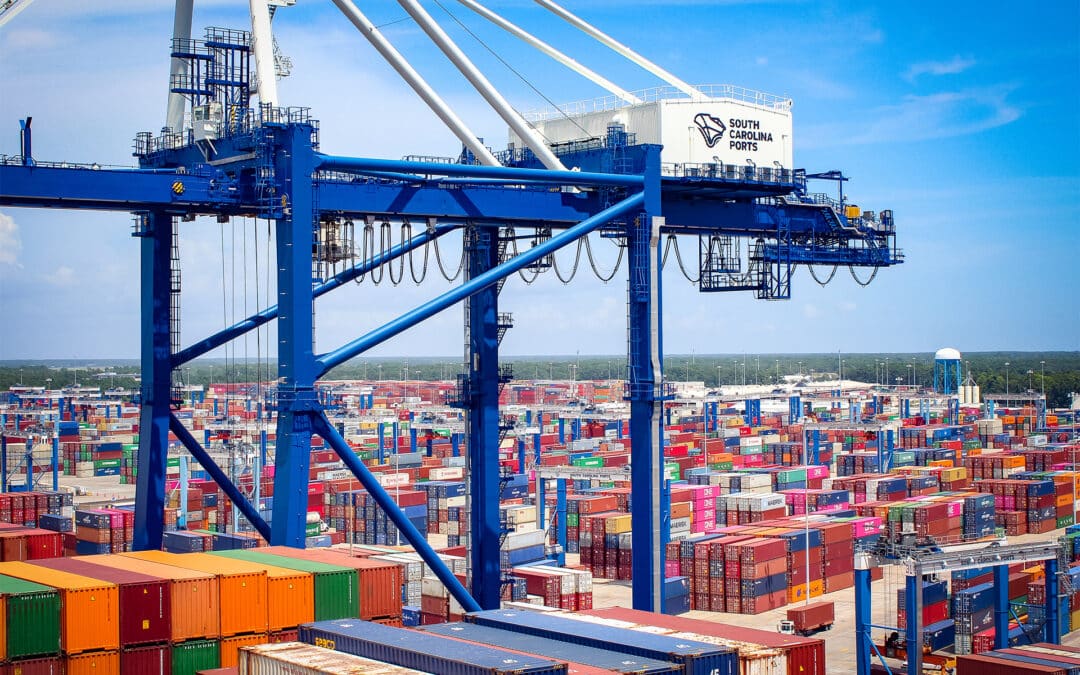Executives surveyed by business services provider Deloitte expect inflation to pressure their profit margins in 2023 as six in 10 anticipate inflation raising their operating costs even as other issues, particularly labor loom over the year ahead.
Many retailers face difficult year-over-year comparisons as nesting has become less prevalent since COVID-19 pandemic stay-at-home guidance has eased, bringing an end to strong durable goods sales, Deloitte stated. Also, retailers that benefited from government stimuli and consumers returning to work and school are now getting less of a lift from those inputs, and are left forecasting and providing guidance based on trends that are difficult to decipher, whether structural or episodic.
In 2023, Deloitte pointed out, retailers will also have to deal with rising organized retail theft, more attention paid to ESG and the tight labor market, which seven in 10 polled retail executives said was their biggest concern heading into the new year.
But the retail outlook is not all gloom and doom, Deloitte noted, as retailers have learned about resiliency in the past few years. Demand fluctuation during the pandemic forced retailers to rethink archaic systems in favor of more flexible operating structures including more advanced omnichannel capabilities, Deloitte observed. And they learned that rapidly evolving consumer preferences require more effective analytics and forecasting tools to sustain and build loyalty.
Deloitte asserted that retail executives should lean into innovations and practices established during the pandemic to gain traction in 2023 by driving profit through curated experiences, providing last-mile options, and emphasizing conveniences they rolled out even as they consider where to tighten purse strings.
Retailers also need to consider the evolving state of consumer connections. According to Deloitte, the majority of retail executives contend that strengthening digital commerce offerings can generate growth opportunities as most expect consumers to make direct purchases on social media platforms in 2023. Under those circumstances, social influencers may represent an opportunity to acquire micro-segmented consumers as demographic changes lead to new, often quite specific needs, desires and preferences. Digitally native generations are gaining more purchasing power and showing up in significant ways on social commerce: In Deloitte research last year, 60% of Gen Z and 56% of Millennials said they planned to use social media in their 2022 holiday shopping.





